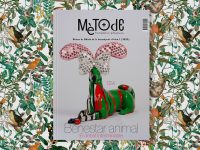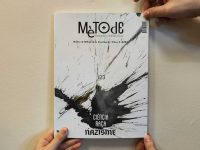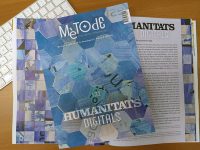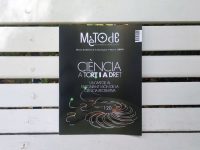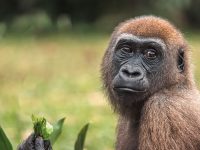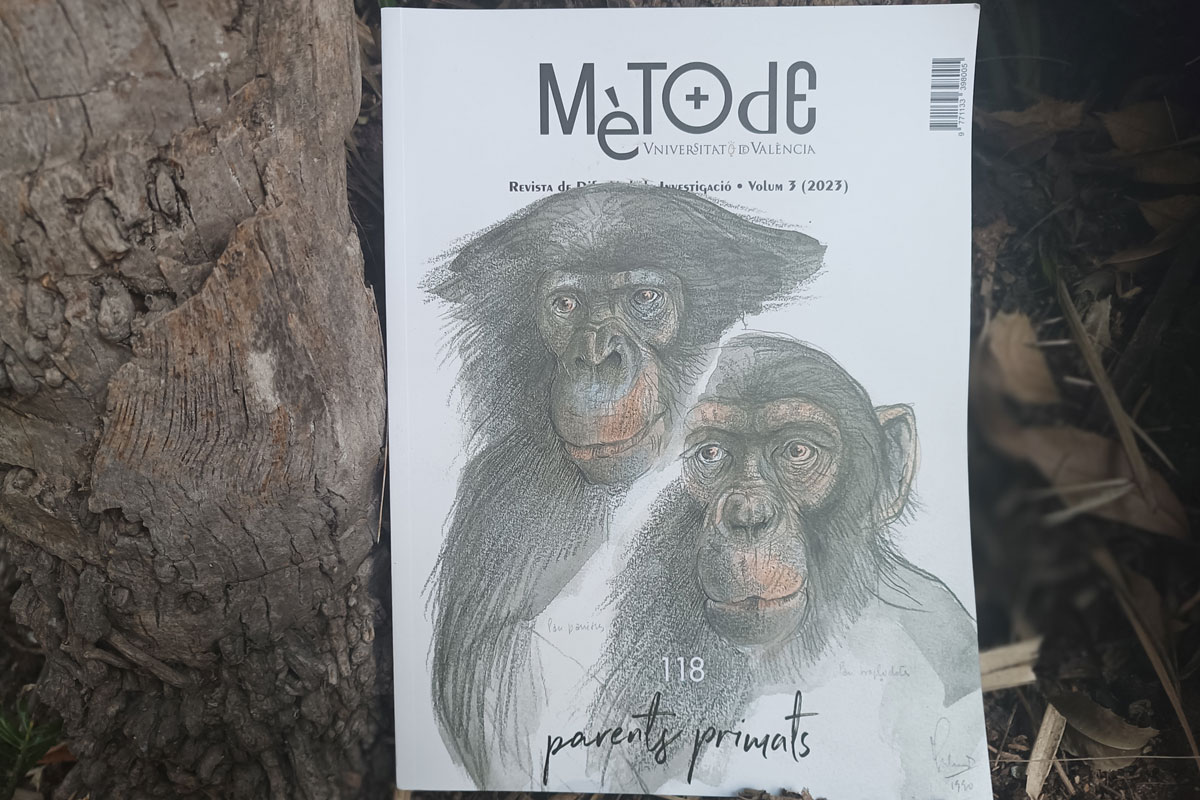
Learning more about other primates not only allows us to study them in greater depth, but also to understand human nature better. Perhaps this is why we are so interested in studying them. Issue 118 of Metode examines the great variability in non-human primate behaviour and the cognitive processes that underlie it from a variety of perspectives.
The monograph, coordinated by Anna Albiach-Serrano, Professor of Ethology and Animal Welfare at the CEU Cardenal Herrera University (Valencia, Spain), included the participation of David R. Begun (University of Toronto, Canada), who presents a general approach to the evolution of primate intelligence through fossil remains; Federica Amici (Max Planck Institute, Germany), who brings us closer to the challenges and opportunities of primate sociality, a question also addressed by Anna Albiach-Serrano, specifically in the role of hunting. In addition, Alba Motes-Rodrigo (University of Lausanne, Switzerland) explores the origins of human cumulative culture through experiments with primates, and finally, Catarina Casanova (University of Lisbon, Portugal) and Susana Costa (University of Coïmbra, Portugal) highlight the need to work with local communities to ensure the conservation of primates in protected areas. To conclude the special issue, Metode interviews evolutionary biologist Tomàs Marquès-Bonet, who tells us about the research carried out in his laboratory, which is mainly dedicated to the analysis and comparison of primate genomes.
The cover of the issue and the inside dividers are illustrations by the primatologist and ethologist Jordi Sabater Pi (1922–2009). In the Metodart section, Toni Pou – science journalist and author of the book Jordi Sabater Pi: l’últim naturalista – reflects on how he used drawing as part of his fieldwork and research.
Beyond the collapse
The issue also includes a dossier, coordinated by Jordi Marín i Monfort, on a highly topical issue: the civilisational collapse we seem doomed to if we do not act now to tackle the climate, energy, and materials crises. Ferran Puig Vilar, Marta G. Rivera Ferre, Antonio Valero, and Alicia Valero take part in the dossier. This section concludes with an interview with the anthropologist and ecofeminist activist Yayo Herrero.
In addition, Joan Mayol highlights the progressive destruction of the horticultural area of the city of Mallorca, and Oleg Beyda and Ivan Petrov reveal the figure of Dr Hans Beutelspacher, chemist, professor at the University of Königsberg and active collaborator with the Nazi regime.
Finally, as always, this volume contains a number of suggestions for interesting scientific reading, as well as the usual sections that help us to reflect on current scientific issues. In short, a new publication full of information on the latest scientific developments.

